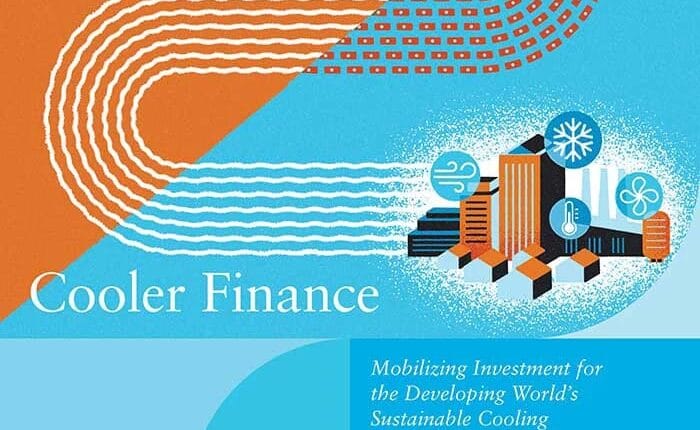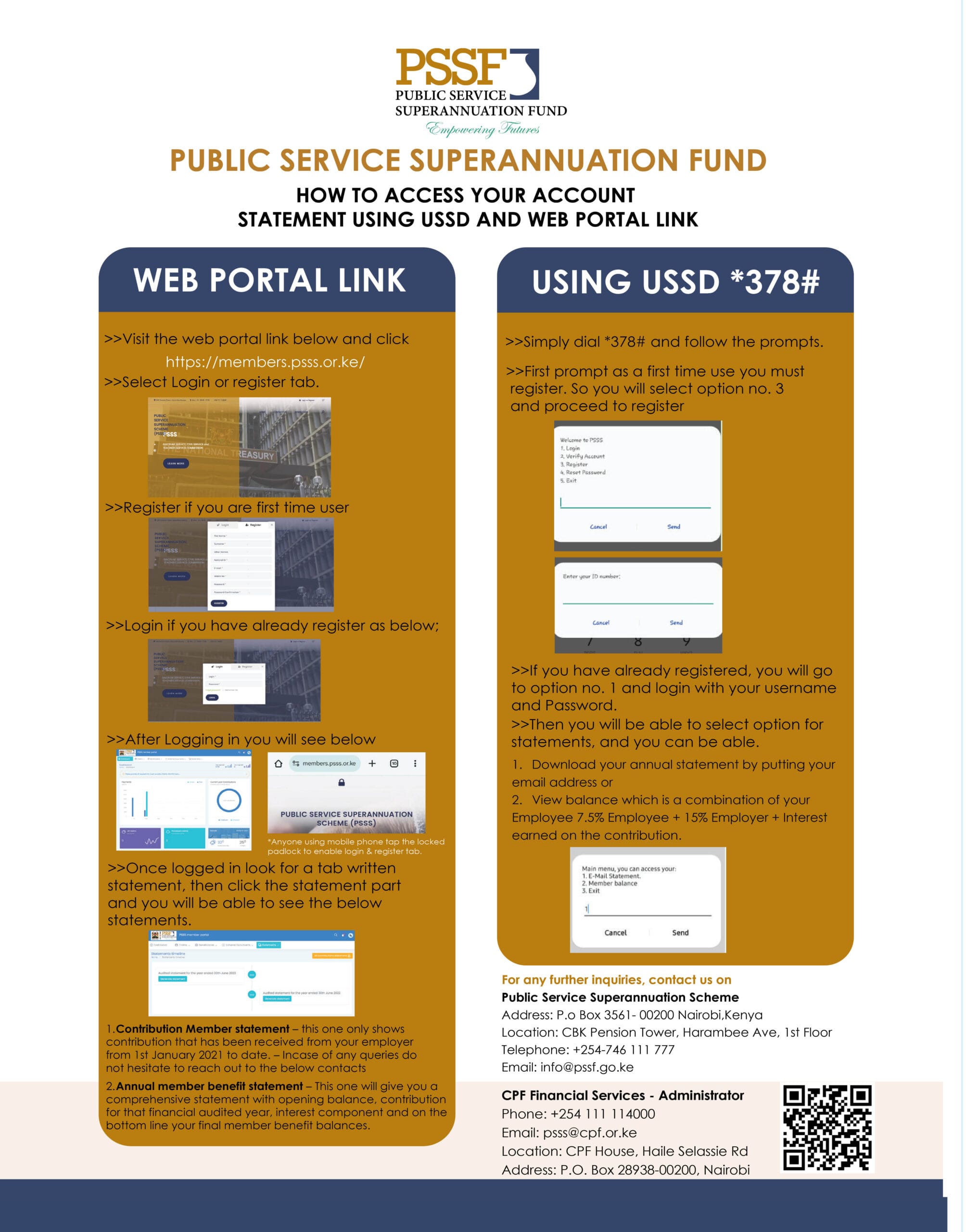$8 Trillion Potential for Sustainable Cooling Solutions in Developing Economies – IFC and UNEP Report Says
By Shadrack Nyakoe
The cooling market in developing economies is expected to grow from around USD 300 billion to at least USD 600 billion, per year by 2050, according to a report released today by the UN Environment Programme (UNEP)-led Cool Coalition and International Finance Corporation (IFC).
The fastest growth in cooling is expected in Africa, which will see the market multiply by a factor of seven, and South Asia, which will quadruple in size.
The report calls for prioritising passive, energy-efficient, environmentally friendly, and economically viable cooling solutions.
The report, “Cooler Finance: Mobilizing Investment for the Developing World’s Sustainable Cooling Needs,” finds developing economies– currently generating two-thirds of global cooling-related emissions –are set to double their cooling demand by 2050 due to population growth, economic expansion, and urbanization. The report finds that sustainable cooling technologies can slash cooling-related emissions by almost half in 2050 in developing economies. This requires: prioritising passive cooling strategies like insulation, reflective materials, enhancing green areas, and energy-efficient technologies, enforcing minimum energy performance standards and new building energy codes and a faster phase down of climate warming refrigerants and systems approach to cold chains and large cooling infrastructure services, and incentives to promote innovation.”
“The sustainable cooling market represents at least a 600-billion-dollar opportunity for the private sector, which could generate more than 8 trillion dollars in benefits for developing countries,” said Makhtar Diop, IFC’s Managing Director. “ “These nations are especially vulnerable to the deadly effects of rising temperatures and are urgently in need of cooling solutions. We are proud to present this report which describes the opportunity to invest in sustainable, affordable, and scalable cooling solutions, aiming for near-zero emissions by 2050.”
The report highlights the need for significant upfront investments.
Closing existing shortfalls in access to cooling for households and SMEs in developing countries will require USD 400-800 billion, in addition to future increases in demand.
“As record temperatures continue to be broken across the world, keeping cool is an essential need for both healthy communities and a healthy environment. However, we must avoid creating a vicious cycle of meeting cooling demands through solutions that further heat up the planet,” said Inger Andersen, Executive Director of UNEP. “We need sustainable, affordable and energy efficient cooling solutions that both meet growing demand and support climate, health, food security, and economic development. Governments, private businesses, and multilateral banks can use this report to harness a wide range of financial instruments for sustainable cooling and resilience to extreme heat.”
Key recommendations include improving data on cooling, capital costs, and financing; raising awareness; expanding use of best practice business models and financing tools; increasing seed and high-risk funding for pilot technologies; leveraging blended and concessional finance; and building on the Global Cooling Pledge to create a Sustainable Cooling Finance Partnership.
The transition to sustainable cooling requires an enabling environment to make developing economies more attractive to investors.
UNEP and IFC are committed to working with governments, businesses, and other stakeholders to de-risk investments and ensure sustainable cooling solutions are accessible to all, especially in low-income regions most prone to increasingly common heatwaves.



